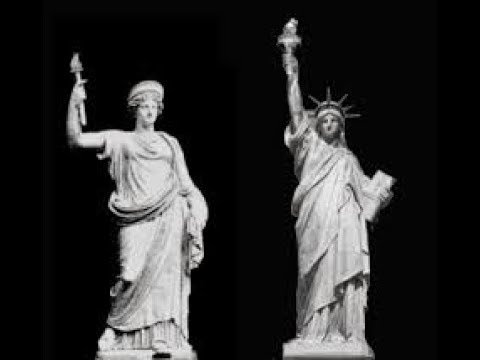
“The real problem is not why some pious, humble, believing people suffer, but why some do not.”
― C.S. Lewis, The Problem of Pain
The Bible (John 1) is a guide for mankind to bring us into communication with our Creator! The Bible tells us of a war of good versus evil! We know that evil exists we’ve seen it! People blame God for the bad things that happen, which is understandable! But from a Biblical perspective of theodicy or the problem of evil makes sense, because God is accused of being unjust and his government unnecessary! So there’s a trial going on and the scientific method is being employed! Do we need God’s government or anarchy? Satan is the cause of all our woe! In a perfect world what are the odds of having evil come into existence? It’s probably as remote and just as inevitable as Jesus Christ who fulfilled over 100 Messianic Prophecies! Satan is just a real as Jesus Christ, he is the one who brought sin and suffering into the world with a lie – ‘you can be like God!’ That was Lucifer’s sin, he a created being, wanted to be worshiped like the Creator! Since the time of Cain, Satan has worked on the hearts and minds of men and women his accusation of God’s unfairness and built his own religion which points to himself! The Bible is the opposite of this religion! The religion I speak of is occultism, paganism and spiritualism! The ancient civilizations such as Babylon, Egypt, Greece and Rome, worshiped the devil in various male and female forms, copying some aspects of God’s religion, the Sanctuary service of Israel and Apostolic Christianity! They had the same deities with different names in each culture, worshiping the Sun and nature. This is not a slight to anyone of any religion, this is a summary of the history of religion! God has people who are good and just in all religions who will be saved! But God makes clear distinction in the Bible between how he wants to be worshiped versus paganism! From the time of Christ to the 1600s, the ancient religions of Babylon, Greece, Egypt and Rome were thought to have been eradicated, but were actually in hiding and were eventually incorporated into Roman Catholicism. The Reformation tore apart this system to bring people back to Bible Christianity. Well the Devil didn’t like that! So he sought to bring back paganism. This started with the Renaissance, then the Enlightenment Era with: Greek philosophy, skepticism, politics and science. The secret societies utilized pagan rituals in it’s societies which cunningly was anti-Rome. The Jesuit Order was dissolved in 1773 and went underground, which many Enlightenment Era men rejoiced to hear! Men, sadly lacking women, had freedom to believe or not to believe in God! After 1773, a series of Revolutions took place: the Boston Tea Party in 1773, the Declaration of Independence is signed in 1776, Treaty of Paris in 1783, The French Revolution in 1789, Napoleon rises to power in 1796. See ‘Revolutions, Tyrants and Wars.’
“The only people in the world, it seems, who believe in the conspiracy theory of history are those of us who have studied it.” Fredrick Tupper Saussy, Rulers of Evil: Useful Knowledge of Governing Bodies.
The 1700s brought major changes that further developed our modern world. The ideals and Greek philosophy of the Enlightenment thinkers were later adopted by the Founding Fathers and the founders of other republics. Rationalism replaced faith in the supernatural. Sir Isaac Newton’s work ‘Principia Mathematica,’ advanced science by exclaiming that nature can be studied and calculated to find answers through mathematics. The politics of the day gave more power to the people over divine rule. The Enlightenment thinkers also criticized the Bible and all forms of the supernatural, yet paganism and spiritualism secretly prospered which has everything to do with the supernatural. You cannot deny God’s existence without denying the existence of evil and Satan. Evil exists and so does God, those who deny this are: “For this they willingly are ignorant of, that by the word of God the heavens were made…” Some don’t want God to exist so there is no law nor law giver and therefore no judgment. We have freedom of choice! God doesn’t force us to worship him! But as Blaise Pascal stated in his, ‘The Wager,’ there is a 50/50 chance God either exists or he doesn’t, and it’s wise to conduct oneself as though he does exist, because in doing so there is no risk involved, only the chance of a great reward!”